– Prime minister, unfortunately, we must begin this conversation with the terroristattack in Magdeburg.
– Before the migration invasion occurred in Europe, such things did not happen. Since then, however, they have been happening repeatedly. Let us give thanks to God that we do not have to endure such events. Preventing further attacks is only the task of countries that allowed migrants to enter. In places where they were not allowed in, the conclusion is clear: they must not be let in going forward - full stop. I cannot say which one's tougher: not letting them in, or defending yourself after you already have allowed them in. Fortunately, we Hungarians had the sense and the courage to say no in time. If you make a mistake, you are trapped, and then a completely different world begins. The Germans are already living in that other world.
– Germany and France are suffering from a combination of political turmoil and economic crisis, which inevitably affects the whole of Europe. Is there any sign that this might change?
– This is just the beginning. Together, the U.S.and Europe have spent approximately 300 billion euros on the war. That amount of money could have rapidly raised living standards across Europe. It could have brought the entire Balkans up to the level of European development. We could have curbed migration and built a completely new European defence system. But this money has been burned. The result? One-fifth of Ukraine's territory is under occupation. Hundreds of thousands of people have died; hundreds of thousands more have been maimed or injured. Hundreds of thousands have been widowed or orphaned. Meanwhile, millions have fled Ukraine, whose infrastructure, transport, and energy systems are in ruins. The country is incapable of sustaining itself economically within the foreseeable future.
– Have you had a more challenging year than this one?
– There are no easy years in my line of work. It is true, however, that we've not faced such an unlucky period before.
In the western world, several leaders who are captivated by alien, dangerous ideologies and incapable of defending their countries are simultaneously in power. After the 2020 election, which was obviously rigged to deny Donald Trump the presidency, Angela Merkel, Germany's strong and stable chancellor, departed within a year, and France's complex political system began to show its less attractive side. At precisely this moment, we found ourselves involved in a military conflict with Russia that exceeds our strength. The stars in the skies have never aligned so poorly, and the past four years have been the most challenging period since the winds of regime change swept me into politics.
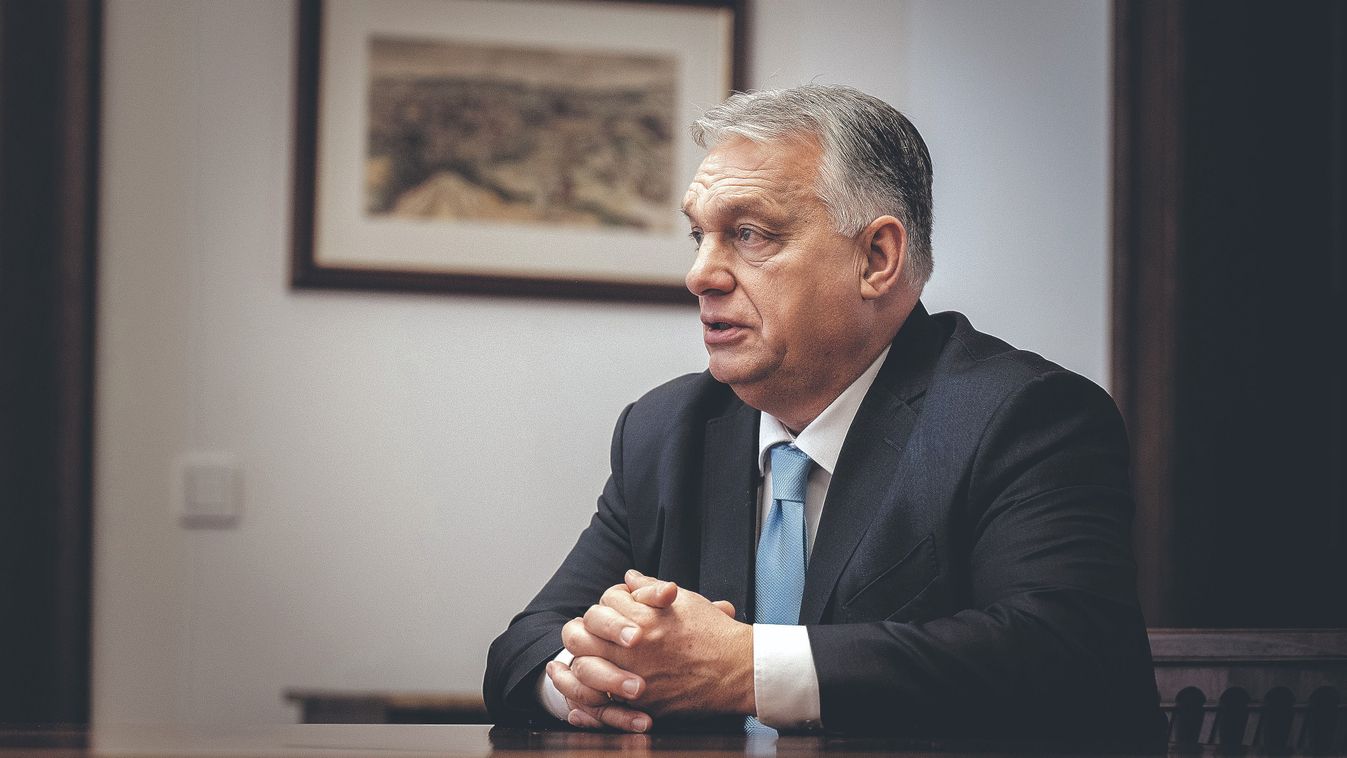
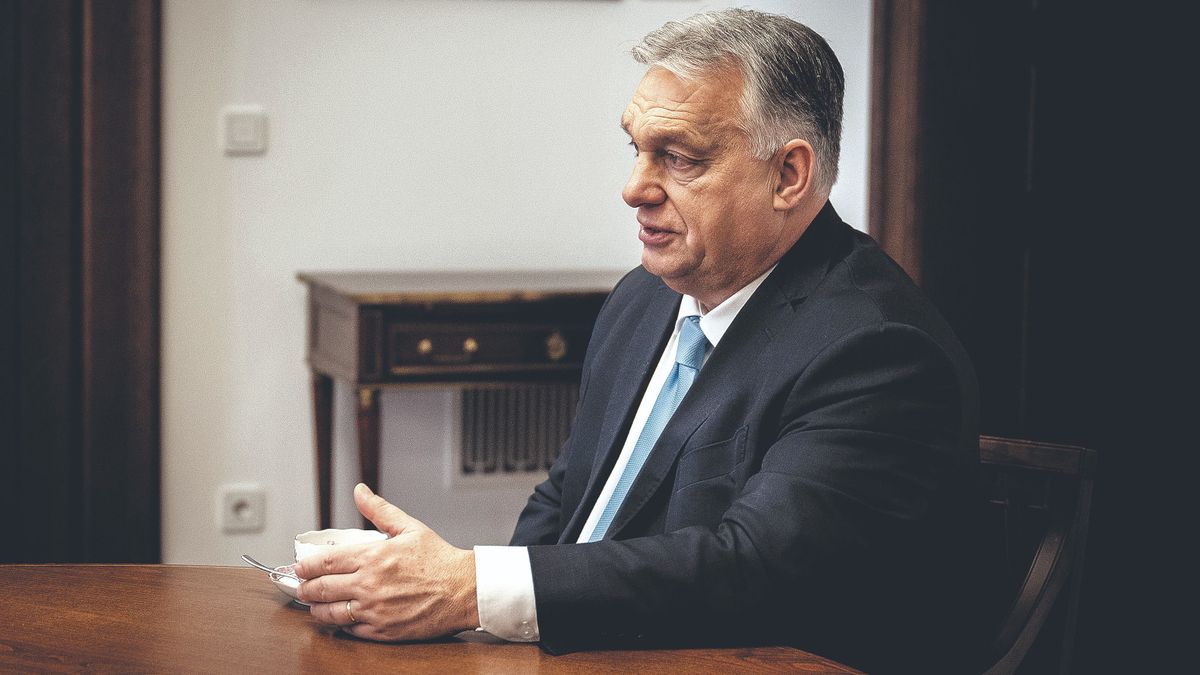
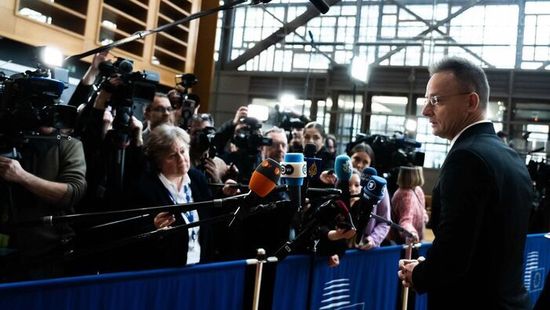
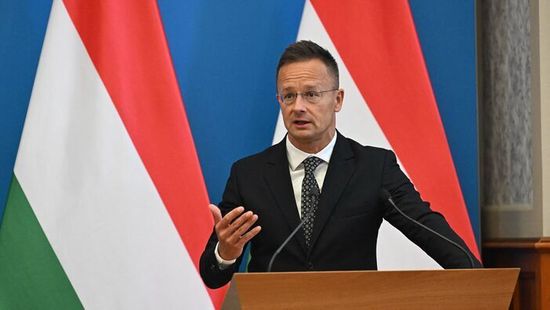
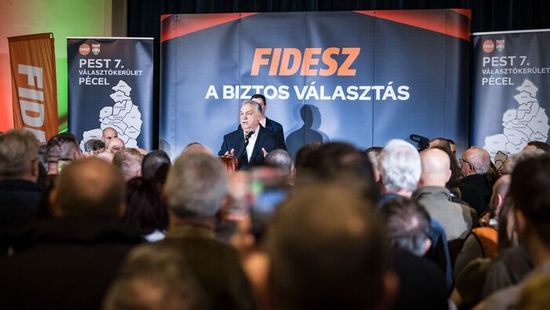
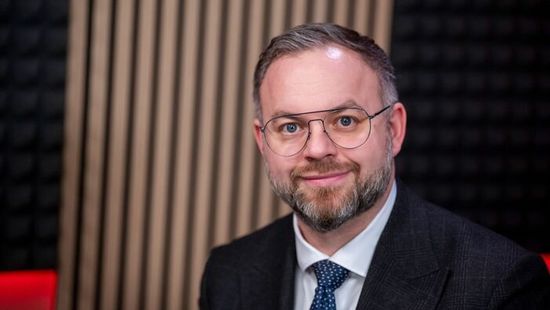

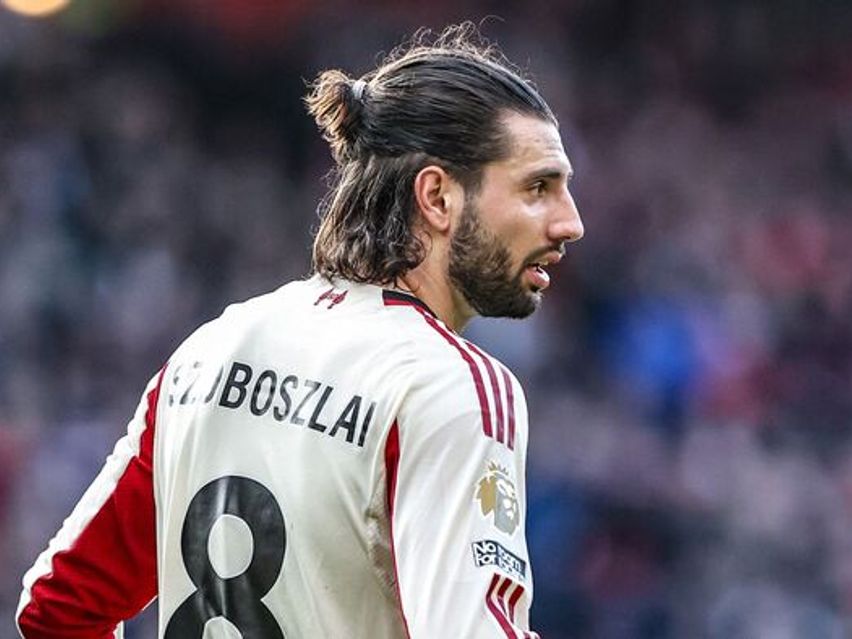
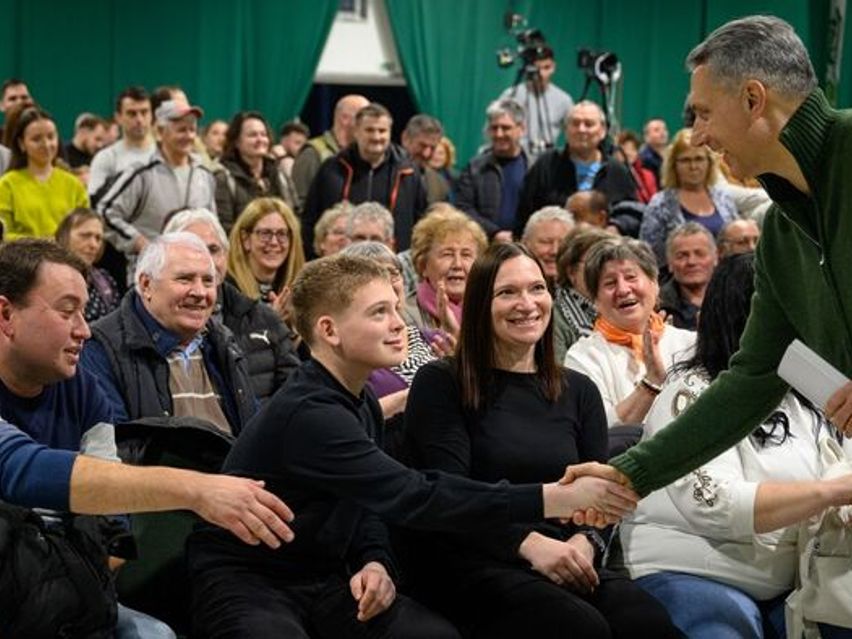
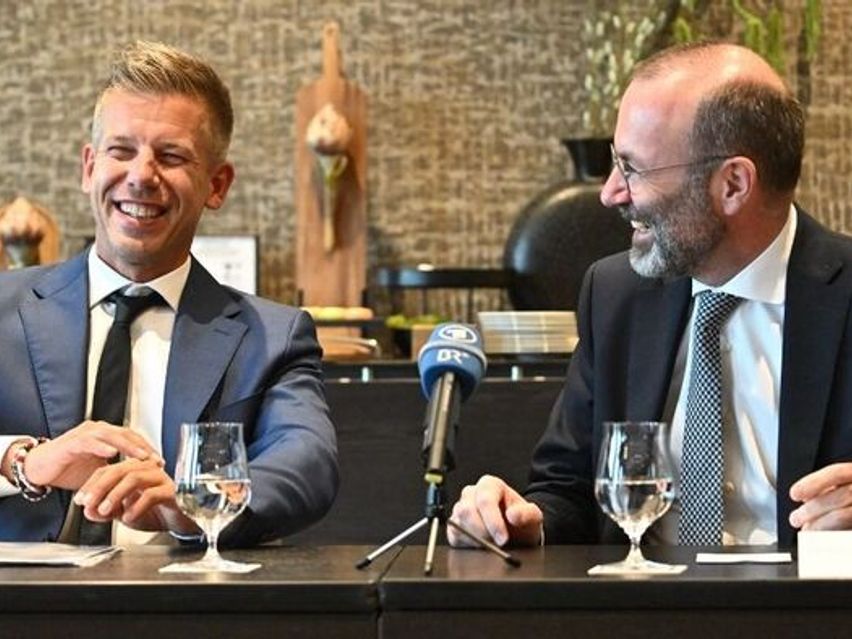
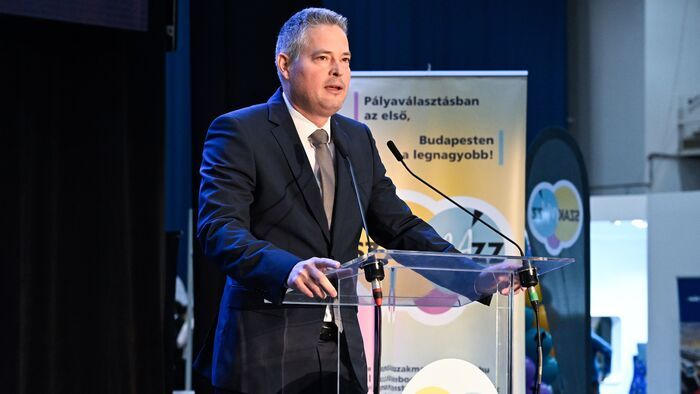

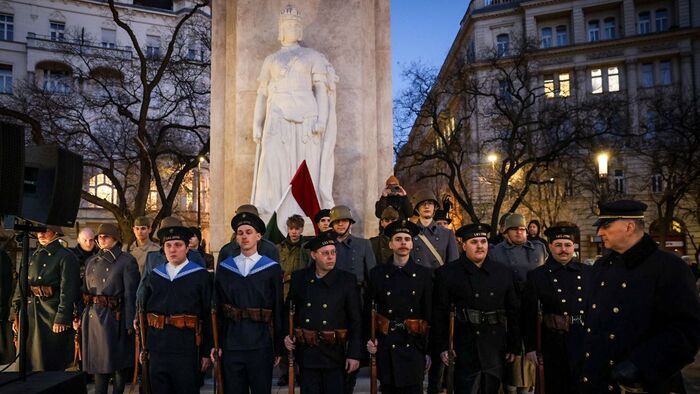
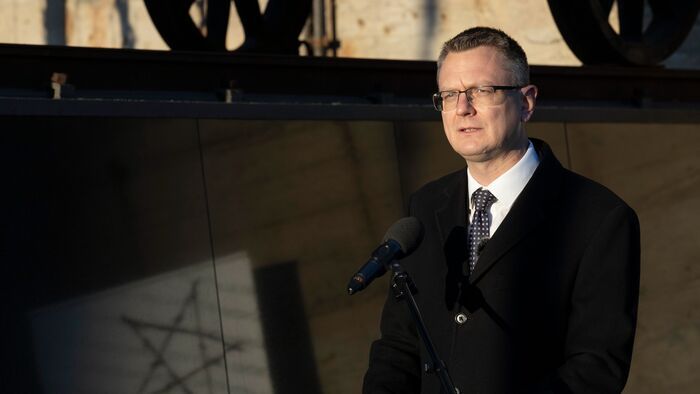
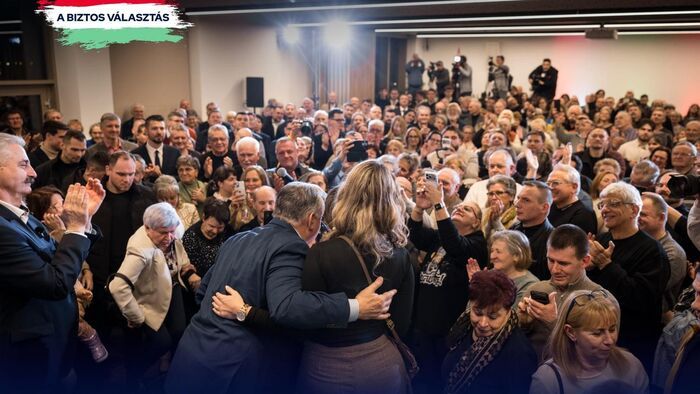
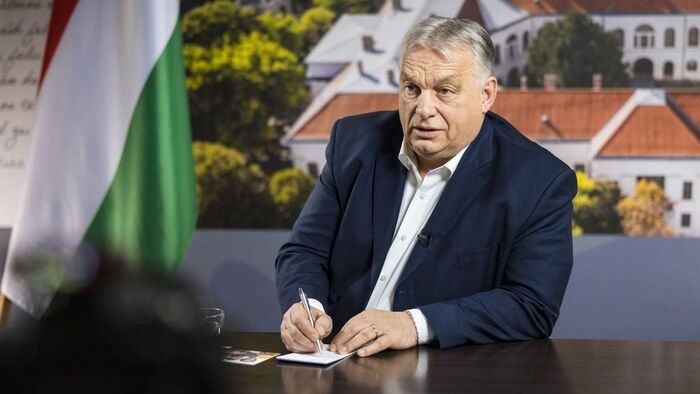
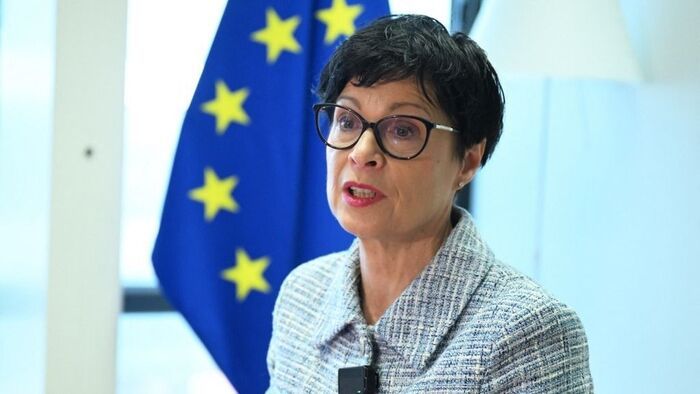
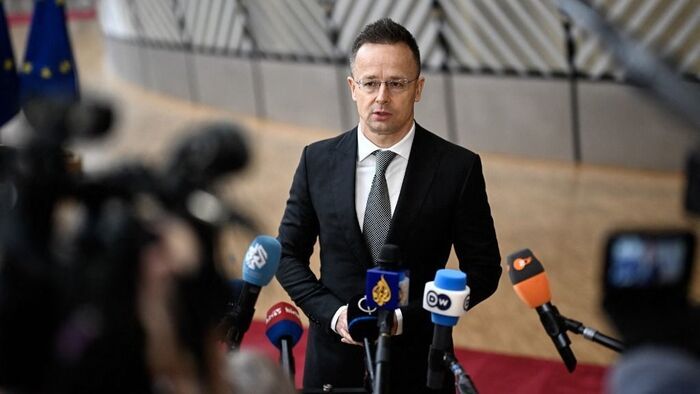
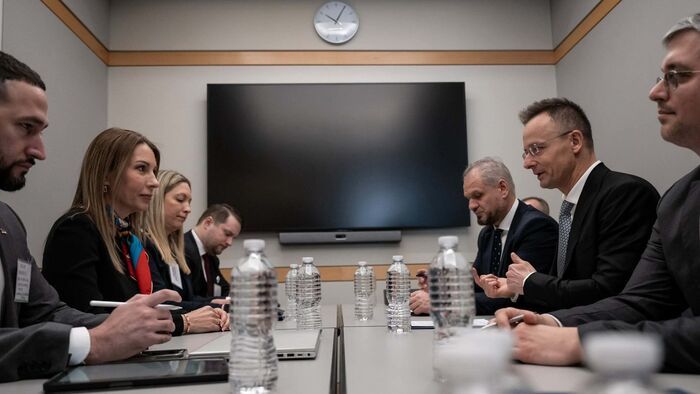

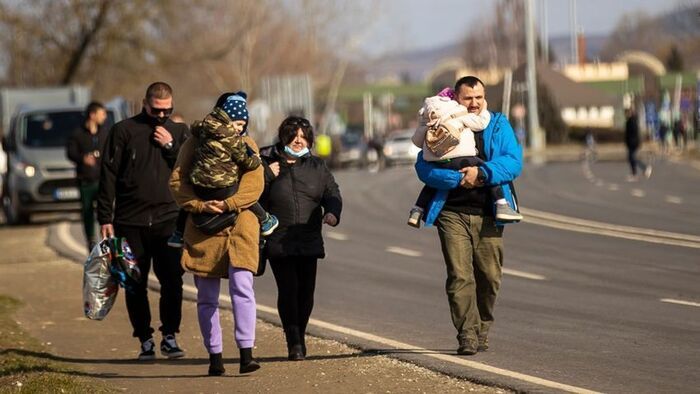

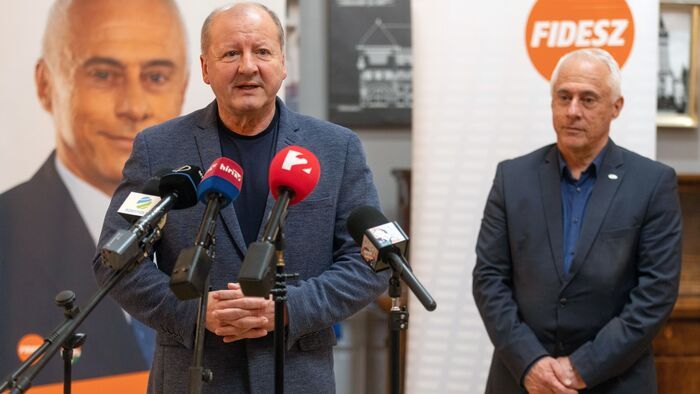

Szóljon hozzá!
Jelenleg csak a hozzászólások egy kis részét látja. Hozzászóláshoz és a további kommentek megtekintéséhez lépjen be, vagy regisztráljon!